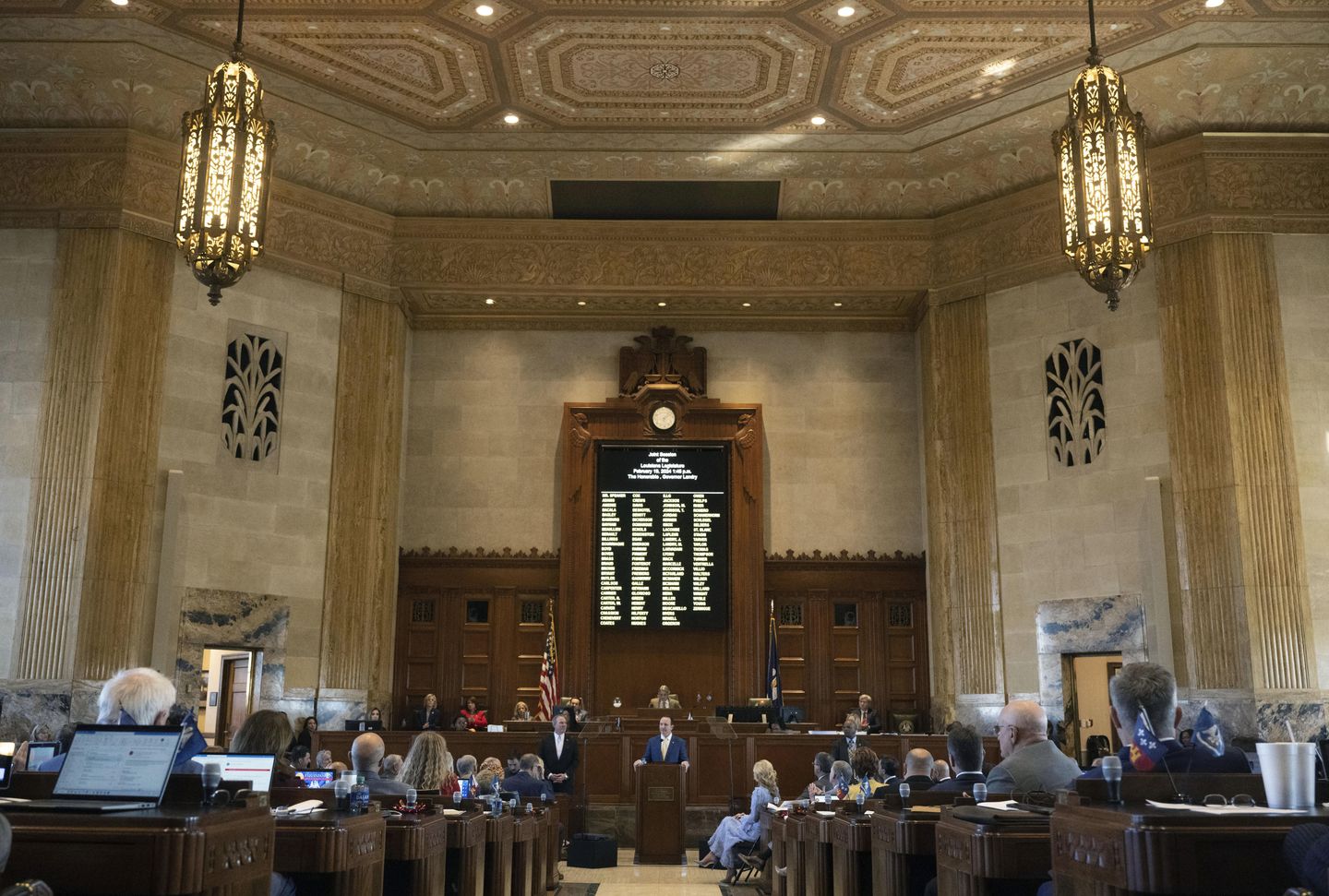The Republican-controlled Senate in Louisiana has recently passed a bill that would allow state and local law enforcement to arrest and detain individuals who have entered the U.S. illegally. The legislation closely mirrors a controversial law in Texas that has faced significant pushback and legal challenges. If this bill is signed into law, it would mark a significant shift in the state’s approach to immigration enforcement and could have far-reaching implications for both immigrants and law enforcement in Louisiana.
Supporters of the bill argue that it is necessary to enhance public safety and ensure that individuals who are in the country illegally are held accountable for their actions. They believe that empowering state and local law enforcement to enforce immigration laws will help to address issues related to crime and national security. However, critics of the bill have raised concerns about the potential for racial profiling and violations of individuals’ civil rights, as well as the strain it could place on local resources and relationships between immigrant communities and law enforcement.
The bill’s passage in Louisiana’s Senate highlights the ongoing debate and division over immigration policy at the state level, with Republican lawmakers pushing for stricter enforcement measures while Democrats and advocates for immigrant rights push back against what they see as harsh and discriminatory policies. Similar legislation in Texas has faced legal challenges and criticism for its impact on immigrant communities and the potential for abuse by law enforcement. If the bill ultimately becomes law in Louisiana, it could further exacerbate these tensions and create challenges for local law enforcement agencies tasked with implementing the new requirements.
The bill’s advancement in the Senate reflects broader trends in immigration policy at the state level, with Republican-controlled legislatures in several states pushing for stricter enforcement measures in the absence of comprehensive federal action. This has led to a patchwork of laws and policies that vary widely from state to state, creating confusion and uncertainty for both immigrants and law enforcement agencies. The passage of this bill in Louisiana could further complicate this landscape and set a precedent for other states to follow suit in enacting similar measures.
As the bill moves forward in the legislative process, it will be important for stakeholders on all sides of the debate to continue engaging with lawmakers and advocating for policies that balance immigration enforcement with respect for human rights and due process. The outcome of this legislation will have significant implications for immigrant communities in Louisiana and could set a precedent for other states grappling with how to address immigration enforcement at the state and local level. It remains to be seen how this bill will ultimately be implemented and what impact it will have on the state’s immigrant population and law enforcement agencies.









